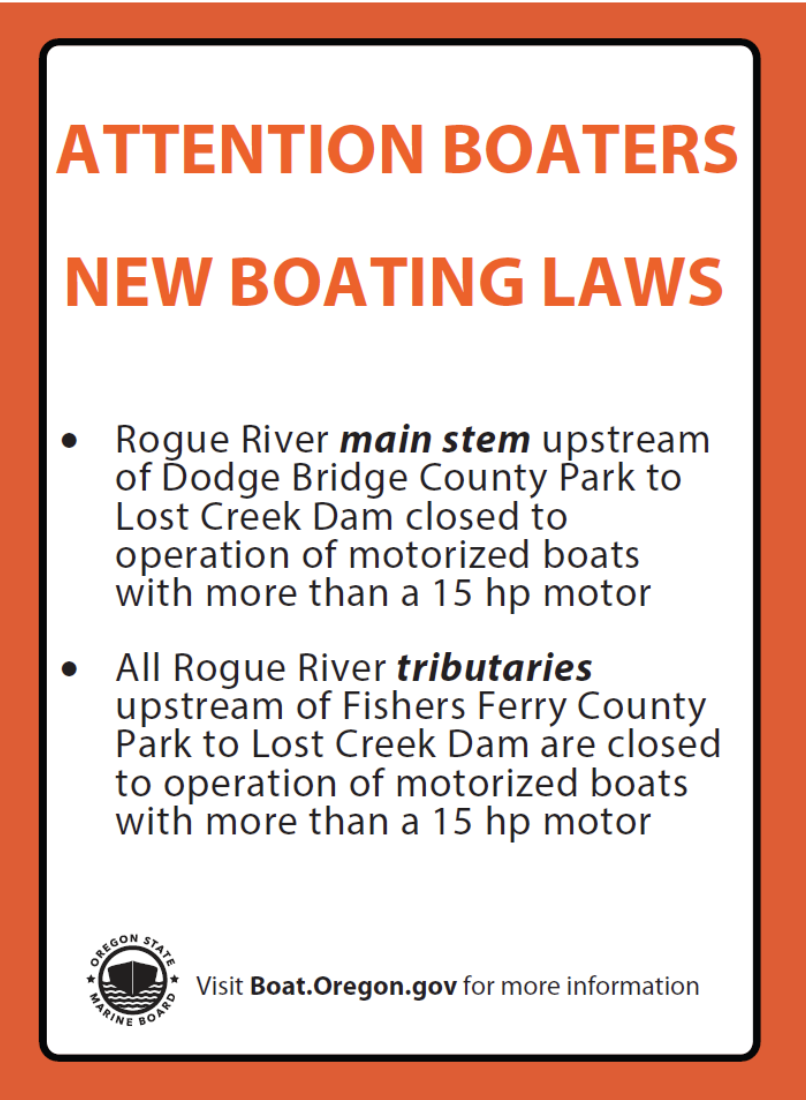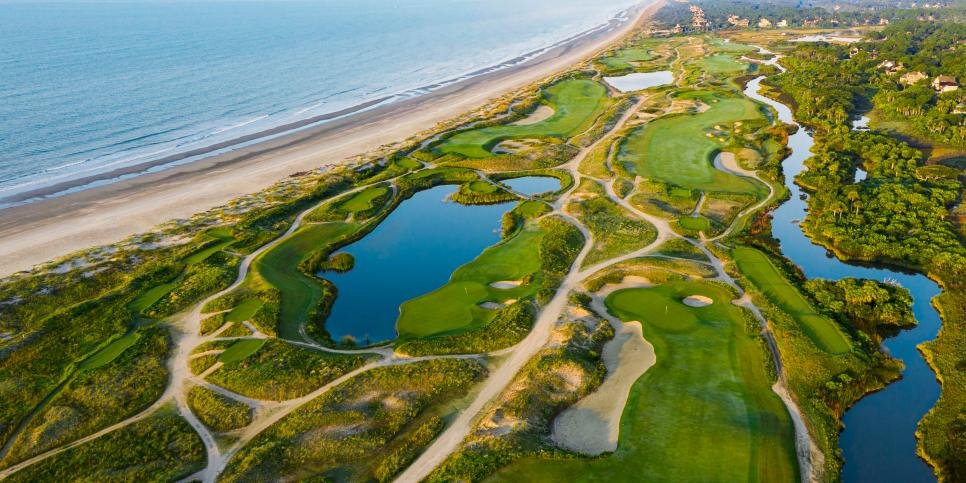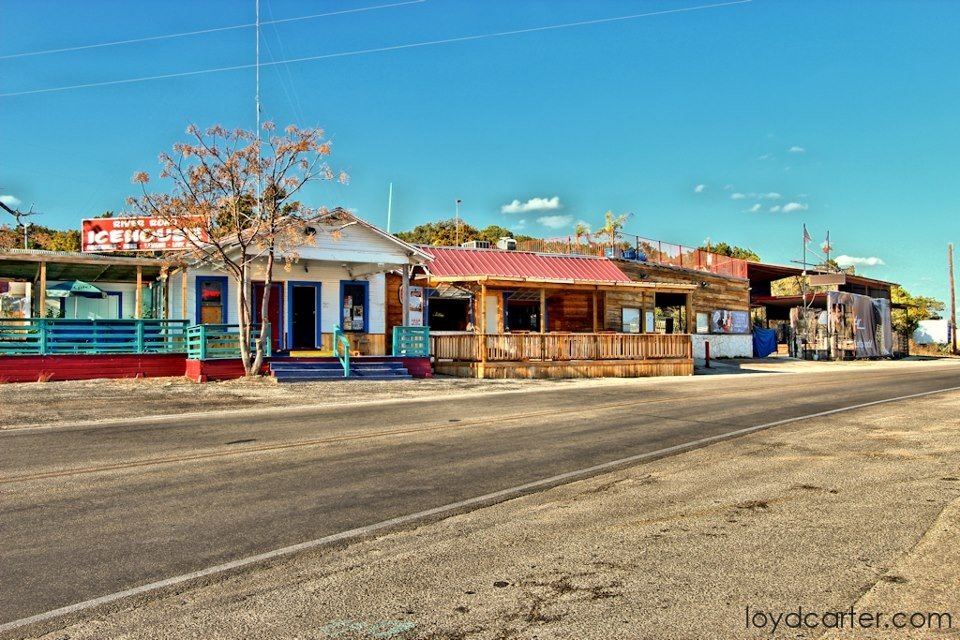There’s a unique pull that every water enthusiast understands, a desire captured perfectly in the phrase that feels less like a request and more like a deep-seated need. The idea of a take me to the river book isn’t just about a specific title; it’s about finding a story that mirrors the call of the water itself. It speaks to a fundamental part of the waterside lifestyle, a longing for the freedom, challenge, and tranquility that only a river can provide. For those of us who live and breathe boating, this form of nautical literature serves as both an escape and an inspiration, fueling our next boating adventures and deepening our appreciation for river exploration. It’s the literary compass that points us back to the current, even when we’re firmly on dry land.
To explore this idea further, one might delve into communities where such topics are discussed; for those interested in a similar literary journey, learning more about discussions around the frozen river book club questions pdf free download reddit can offer insight into how readers engage with water-themed narratives.

What Defines a Classic ‘Take Me to the River’ Narrative?
A true “take me to the river” story does more than just use a river as a backdrop; it makes the waterway a central character. The narrative is often driven by the river’s moods—its gentle currents, its treacherous rapids, its life-giving force, and its unforgiving nature. These stories are typically steeped in themes of journey and transformation. The protagonist rarely ends their voyage the same person they were when they started. The river acts as a crucible, testing their skills, their resolve, and their understanding of the world. It’s about the raw, unfiltered connection to nature, a theme that resonates deeply with anyone who has ever felt the spray on their face or the gentle rock of a boat beneath them. The narrative arc often mirrors a physical journey downstream, with each bend in the river revealing a new challenge or a profound discovery.

The Intersection of Literature and the Waterside Lifestyle
The connection between reading about water and living a life on it is incredibly powerful. These books are not mere entertainment; they are a source of profound inspiration and practical wisdom. They can ignite the spark for a new journey, perhaps prompting you to finally plan that long-dreamed-of kayaking trip down a local waterway or even explore grander voyages. Reading a well-told story about navigating a difficult passage can reinforce the importance of preparation, knot-tying skills, and respecting the elements. It’s a way to experience the highs and lows of a water-based life from the safety of an armchair, gathering motivation and knowledge for when you cast off the lines yourself. The stories become a mental chart, mapping out not just geographical locations but emotional landscapes that prepare you for your own adventures.
According to maritime historian Dr. Alistair Finch, “Water in literature is a powerful metaphor for the subconscious, for the unknown journey. For a boater, reading these stories is like having a conversation with the very soul of their passion. It validates their own experiences and gives them a language to describe why they are so drawn to the water.”
This blend of inspiration and practical knowledge is what makes this genre so compelling. The romance of a life spent on the water is often tempered with the harsh realities of storms, mechanical failures, and the constant need for vigilance. A good book in this vein captures both, creating a realistic and deeply satisfying portrait of the waterside lifestyle that feels authentic and true. Exploring different settings through literature can even inspire travel; one might read about European waterways and start to consider options for a river cruise amsterdam to lake como, translating literary dreams into a tangible travel plan.

Finding Your Perfect Take Me to the River Book
Choosing the right book is a personal journey, much like picking the right vessel for a trip. Your perfect read depends entirely on what you’re seeking, whether it’s a thrilling escape, a quiet reflection, or practical guidance for your next outing on the water. The genre is vast and filled with incredible stories that cater to every type of water lover.
Memoirs of a Life Afloat
There is a special kind of authenticity found in memoirs written by those who have spent their lives on the water. These are tales of grit, resilience, and an unwavering love for the river. Authors who have single-handedly navigated remote tributaries, built their own houseboats, or faced down nature’s fury offer insights that are both harrowing and inspiring. Their stories are filled with the small, crucial details that only come from lived experience: the specific sound of ice breaking up in the spring, the feeling of a tiller in a strong current, or the simple joy of a sunrise over a misty river. These books are less about a plot and more about a way of life, providing a deep, immersive experience that feels like sharing a quiet drink with an old salt at the end of a long day.
Fictional Voyages and River Mysteries
Fiction offers a different kind of escape, allowing authors to craft grand adventures and intricate mysteries against the backdrop of a flowing river. These stories can transport you to the Amazon, the Nile, or a fictional river that feels just as real. A gripping thriller set on a series of interconnected canals can be just as engaging as an epic historical novel about the first explorers of a major waterway. This subgenre allows for an exploration of the river’s more symbolic qualities—as a boundary, a source of conflict, or a path to freedom. For the reader, it’s a chance to experience the thrill of the unknown and the satisfaction of a well-spun yarn, all while staying connected to the aquatic world they love.
Practical Guides and How-To Tomes
Not every great river book is a story in the traditional sense. Some of the most valuable texts are the ones that teach you something new. These can range from detailed navigational charts and local waterway guides to comprehensive manuals on engine repair or fiberglass maintenance. While they may lack a central protagonist, their value is immense. They empower the reader with knowledge, turning them from a passive enthusiast into a capable and confident mariner. A well-written guide on river ecosystems or local fishing techniques can profoundly enrich your time on the water, allowing you to see and understand your surroundings in a completely new way. The narrative here is one of empowerment and skill-building, a story you get to write yourself on your next trip. This is similar to how a guide on wedding venue with accommodation margaret river provides practical, actionable information for a specific, important event.
How Can Reading About Rivers Enhance Your Boating Experience?
Engaging with nautical literature directly translates into a richer, safer, and more fulfilling time on the water. It goes beyond simple entertainment and becomes a tool for personal development as a boater. When you read about another’s experiences, you are mentally rehearsing scenarios, considering different solutions to problems, and expanding your own problem-solving toolkit. A story about a sudden squall might remind you to double-check your own storm preparations and safety gear before you next head out. Learning about the history of a river you frequent can add layers of meaning to your journey, transforming a familiar landscape into a living museum filled with the ghosts of past voyages.
Dr. Alistair Finch also notes, “The best boaters are constant learners. Books about river navigation, survival, or even fictional accounts of challenges on the water, all contribute to a boater’s mental preparedness. When a real crisis hits, having that library of vicarious experience can make all the difference.”
Furthermore, these books can inspire a greater sense of stewardship. Understanding the delicate ecology of a river system or reading about the impact of pollution can foster a deeper commitment to protecting these natural resources for future generations. It shifts the perspective from simply using the river for recreation to becoming an active participant in its preservation. The inspiration from these stories can even lead to planning significant life changes or trips, which, of course, involves practical steps. While it’s a different kind of navigation, understanding the financial side, much like one would need to understand a river valley credit union routing number, is part of the groundwork for making bigger dreams a reality.
Beyond the Page: Turning Inspiration into a Real-Life Adventure
The ultimate purpose of a “take me to the river book” is to do just that: get you to the river. The final, most rewarding chapter of any of these stories is the one you write yourself. After you’ve closed the back cover, the energy and inspiration should be channeled into action. This is the time to pull out your own charts and plan a trip to a place you’ve just read about. Use the story as a catalyst to finally learn that new knot, service your outboard engine, or upgrade your safety equipment. The book becomes a bridge between dream and reality. Plan a weekend trip, even a short one, to reconnect with the water. The inspiration could even lead to exploring new destinations for extended stays. For those captivated by coastal living, for instance, a book about Floridian waterways might lead them to look into indian river plantation stuart fl rentals as a way to live out their own waterside story.
The beauty of this process is how it creates a cycle of inspiration and experience. Your own adventures on the water will, in turn, give you a new appreciation for the books you read. You’ll understand the author’s descriptions of wind and current on a more visceral level. The written word and the real world will begin to inform and enrich one another, deepening your connection to the waterside lifestyle. The right take me to the river book doesn’t just offer a temporary escape; it provides a lasting roadmap for a life more fully lived on the water, encouraging you to create stories that are just as compelling as the ones you’ve read.
Reviews
Eleanor Vance
⭐⭐⭐⭐⭐
An absolutely brilliant perspective. I’ve always felt this connection between my love for reading and my love for kayaking, but I could never quite put it into words. This article perfectly captures how a good book can fuel the desire for real-life adventure. It’s inspired me to start a little “river reading” club with my boating friends.
Mark Corrigan
⭐⭐⭐⭐
A solid read with a unique angle. As someone who’s more into the nuts and bolts of boat maintenance, I appreciated the inclusion of practical guides as a form of “river book.” It’s a good reminder that knowledge and inspiration come in many forms. Well-written and very relatable for anyone who spends their time on the water.
Sophia Chen
⭐⭐⭐⭐⭐
This is exactly what I needed. I’ve been feeling a bit of a lull in my motivation to get the boat out lately. This article reminded me why I fell in love with the waterside life in the first place. Time to find a good river memoir and start planning my next trip. Thank you for the thoughtful and inspiring content!
Benjamin Carter
⭐⭐⭐⭐
Interesting concept. I never thought to connect my bookshelf to my tackle box in this way. The fictional expert, Dr. Finch, had some very insightful quotes that made me think. The article flows well and avoids the usual dry listicle format, which was a refreshing change.
Isabelle Dubois
⭐⭐⭐⭐⭐
I loved this piece. It speaks directly to the soul of a sailor. The idea that a take me to the river book is a genre of feeling rather than a specific title is spot on. I immediately thought of several books on my shelf that fit the description perfectly. A beautifully written article that truly understands its audience.


